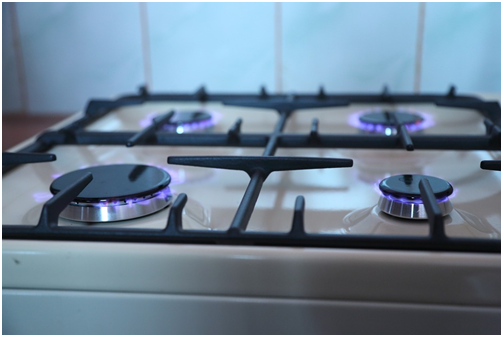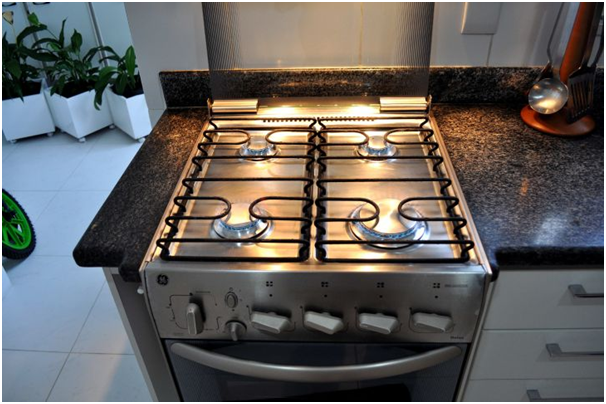When you become a landlord, there are certain standards by which you are legally bound, duties you have towards your tenants which must be adhered to. And when people’s safety and the law are involved, it’s best to do some research and make sure you have everything in order.

Image Credit
What Constitutes Rental Property?
Obviously any property that is let as residential premises for tenants’ main residence is included, whether let privately, through a management company or housing association, and even hostels. It also includes single rooms and bed-sits, B&Bs and holiday accommodation. The Gas Safety Regulations (1998) outline exactly what the landlord’s duty of care and responsibilities cover.
Responsibilities
Maintenance is key. You must ensure that all pipework as well as the appliances themselves are serviced and kept in good condition. This includes chimneys. Manufacturers’ instructions are your go-to to know how often everything must be serviced, but more often than not, an annual service is required unless a registered Gas Safe engineer is happy to advise differently.

The exemption would be an appliance owned by the tenant and not the landlord, though connecting pipework would still be required to be maintained.
In order to prove the condition of the pipes and appliances, and that maintenance has been carried out correctly, keep records. Tenants should receive a copy of the up to date certificates within a month of completion of their contract.
Keep things simple and make it part of the initial formalities, such as going through an inventory. There is technology available to help you. Check out property inventory software from experts like Inventory Base https://inventorybase.co.uk/, and get things in order and maintained easily.
Where sharing a certificate within 28 days is not practical – for example a short-term lease – display a copy prominently in the property. Keep copies for two years.
For more information on what you need to know as a landlord, check out the information from the government on the Health & Safety Executive website.
You are not likely to be in the property at the time of any issues, so make sure the tenants are aware of how to turn off the gas and what to do next. Finally, be sure that anyone working on any part of the gas system in the property is registered Gas Safe.